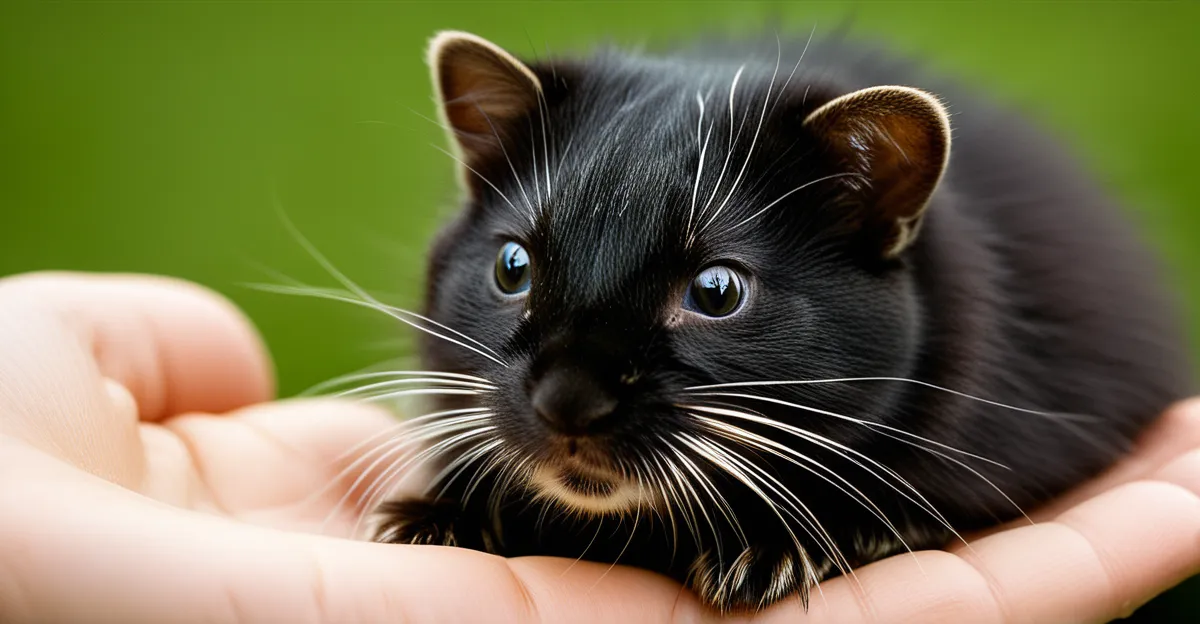Overview of Unconventional Pets in the UK
Unconventional pets UK refers to non-traditional pets that differ from the common cats, dogs, or rabbits seen in most British households. These unusual pets might include reptiles, exotic mammals, or insects, all gaining traction in the UK’s pet scene. According to recent trends, there’s a steady rise in ownership of such species driven by factors like increasing urban lifestyles and a desire for unique companion animals.
Popular pets UK typically mean familiar animals, but the shift towards unconventional pets UK signals a curiosity and acceptance of diversity in pet choices. Owners often cite reasons such as fascination with exotic species, allergies to furred animals, or limited living space. These pets also appeal due to their relatively low noise levels and interesting behaviours, fulfilling emotional needs uniquely.
In the same genre : How Can Owning a Pet in the UK Impact Your Lifestyle?
Statistics reveal that while still niche, the exotic and unusual pet market is growing steadily. This surge demands awareness about care, legal responsibility, and welfare, making understanding the nuances of non-traditional pets essential for current and future owners.
Popular Types of Unconventional Pets
Unconventional pets UK cover a fascinating range of exotic pets UK that go beyond traditional choices. Among the most common are reptiles such as snakes, lizards, and geckos. These reptiles as pets UK appeal due to their unique appearance and low-maintenance requirements, though they need carefully controlled environments like temperature and humidity to thrive.
Topic to read : What Are the Best Practices for Pet Hygiene in the UK?
When it comes to unusual mammals, species like ferrets, hedgehogs, and sugar gliders are gaining attention. Each offers distinct behaviours and care needs; for example, ferrets are social and playful, requiring interaction, while hedgehogs need quiet spaces and specific diets to remain healthy.
Insects as pets UK, including tarantulas, stick insects, and even snails, are increasingly popular for owners seeking low-noise, space-efficient companions. These insects provide an educational insight into invertebrate life and have simplified care routines but still require habitat-specific setups.
The diversity in unusual pets ensures a wide appeal, but potential owners should understand the demands specific to each group to provide proper care and make responsible choices.
Legal and Ethical Considerations for Unconventional Pets
Understanding pet ownership laws UK is crucial when considering unconventional pets. The UK has specific exotic pet regulations UK designed to protect both animals and owners. These laws outline which species can be legally kept, often requiring permits for certain exotic animals. For example, owning some reptiles or unusual mammals without proper authorization can lead to penalties.
Animal welfare UK standards mandate that owners provide adequate living conditions, nutrition, and medical care tailored to the species’ needs. This principle ensures that non-traditional pets do not suffer due to neglect or unsuitable environments. Responsible ownership involves researching legal requirements and ethical care before acquiring any unusual pets.
Restrictions vary depending on the species’ potential risk to public health or native wildlife. Some animals may be subject to quarantine or import controls. Therefore, before obtaining exotic pets UK, prospective owners must consult current legislation and seek advice from reputable authorities to avoid legal issues.
Following these guidelines supports sustainable and humane exotic pet ownership, aligning with growing public concern about animal welfare UK and conservation efforts.



